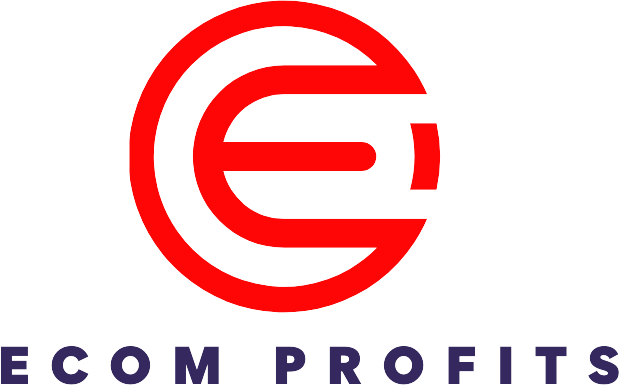Saving money is something that everyone can benefit from, no matter their current financial situation. If you already have money stacked away for a rainy day, why wouldn’t you want more? And if you find yourself working hard but still find yourself trying to make ends meet, implementing money-saving techniques will help boost your bank account.
Improving your finances takes discipline first and foremost, but with these tips, you can start saving money every month.
Create a budget.
When you want to save money, you need to first know how much money you are spending. Assess how much you spend each month, starting with these categories: groceries, utilities, transportation, housing, insurance, credit cards, and miscellaneous. Then, you want to make note of your total income from your job or any other sources.
There are online tools for creating a budget but making your own template can also be helpful. Many banks now offer budgeting features via their websites or mobile apps, making it easier to track all your transactions. Tailor your budget to the categories that best fit your lifestyle but make sure you are noting all transactions. This gives you a realistic look at where your money is coming and going, making it easier to figure out where you can cut back.
Once you have the budget, look to reduce any recurring monthly expenses that are unnecessary. Do you have multiple streaming service accounts? How often are you listening to premium music subscriptions? Of course, you should budget to buy things like those petite maxi dresses you’ve had your eye on, but make sure it’s coming from leftover disposable income. You should still treat yourself to a new dress once in a while, just make sure it’s either on sale or from a reliable and quality retailer like White House Black Market. This way, you know your purchase will go far. Again, budgeting is about setting goals and being as realistic as possible, but you should still be able to live your life.
Consider your housing costs.
Many people find that housing costs are one of their biggest expenses every month. Rent prices, in particular, tend to increase at a rapid pace. In fact, last year there was a three-month period where rental rates went up by a remarkable 1.3%. There are perks to renting such as flexibility and hassle-free maintenance, but homeownership could be a better financial solution.
Your monthly mortgage payment could be less than your current rent depending on the purchase price of the home. Of course, there are additional steps you must take before becoming a homeowner. You will need to find a mortgage lender, secure the best interest rate, put a down payment upfront, and consider loan term options. Other fees that you need to account for are property tax, PMI, HOA fees, insurance premiums, and you should consider the amortization schedule of the loan.
If it seems overwhelming, you are not alone. A mortgage payment calculator is a great starting point to figure out what you can afford and if homeownership is feasible. If you already own a home, you can cut back and save money by trying to get a lower interest rate and a lower monthly payment for the life of your loan.
Create a separate savings account.
Out of sight, out of mind, can be one of the best principles when it comes to saving money. Setting up a dedicated savings account for your extra cash can be a smart decision. You can set a goal for the account, such as an emergency fund to cover an unexpected car accident or medical bill. You could also focus on personal goals, such as an upcoming vacation or work toward that down payment on a new home.
You should research the different types of saving accounts, as most come with certain requirements. There are also some that come with perks, such as high-yield savings accounts that help to grow your money. Do some account comparisons between different banks or credit unions to see which is the best fit for you.

